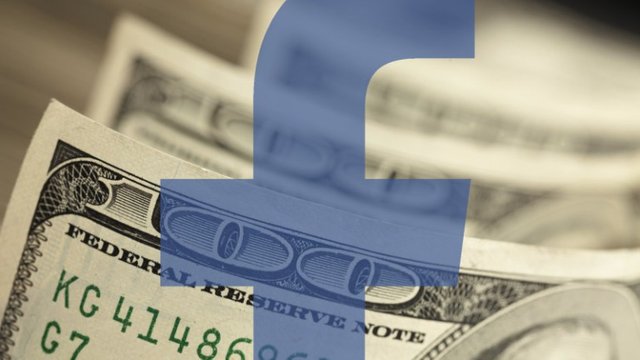
Let's be sure of the growing profits and big achievements Facebook makes. The trust in this institution and the privacy issue remain one of the most important weapons of the ongoing crisis.
While the company is looking for solutions to this chaos, and fears that what has happened so far is only a small wave that leads to stronger and worse waves will be exposed to the company in the coming days and months, should look for real solutions to this problem.
Voices are still high and there are doubts about any move by Facebook these days, and confidence as we mentioned previously are in the bottom.
One of the proposed solutions, especially when it comes to protecting user data, is to pay the company to users for their data, here's how?
Pay users for their data
Facebook collects a lot of information and data about users and makes it available to advertisers, health, psychological, political and geographic studies companies as well as political and research consulting firms as well as developers and application owners.
Of course, these data are not provided by Facebook for free to these parties but rather sell them to them, and provide them with a variable variable fee.
Facebook has to physically pay users for sharing that data, which means that they will not use the data they receive in a variety of ways, directly or indirectly.
The company's revenue from advertising must be shared with users at a specific rate, while profits vary from user to user depending on their geographic location, the importance of their data, the size of data they share, and Facebook's profit from making their data available to third parties.
But should allow users to control their data
In addition to paying users who share their data, the US company should allow all users to control their data.
This allows them to control the sharing of their data styles, such as public publications, their likes, personal photos, preferences, interests, visits to other sites, their activities on Watsab, other services, and other data.
This means that the user in this case will be able to prevent the sale of some data and other availability, and the more data allowed the more profits.
Who do not want their stores? what about them
Facebook is said to be working on the paid version of its site, so this version will not display ads and is supposed to be 100% privacy friendly.
Those who do not wish to share and trade their data will have to upgrade to the paid version and pay monthly or annually for the benefit of this service.
The paid version should not collect user data, display any ad types, and is available to those who do not want to use their data and do not want to share it for a profit.
How will this affect Facebook?
This proposed deal, which would at least end Facebook's privacy crisis, will protect data users and critics of the US company will be pleased and welcome.
For users, a large percentage of them will welcome this, and many will be able to share more data and spend more time on the company's services to earn more profits.
The company will decline in the short term profits but in return will protect them from the growing crisis and loss of reputation fully, and will restore the confidence of users and perhaps a good proportion of users angry.
In this way Facebook will get rid of the charges against it by exploiting user data and selling and profit from it without the knowledge of users of the fate of their data and the users and the purpose of the purpose.